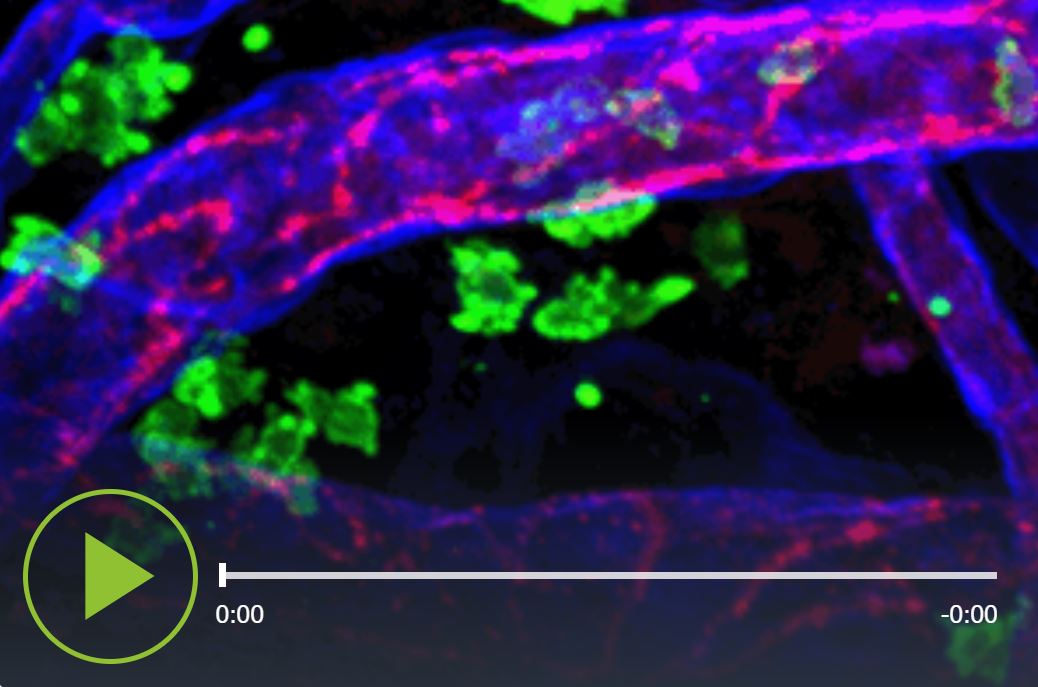In early 2018, Dr Dan Donner conducted a research investigation led by A/Prof Julie McMullen (Baker Institute Domain Head) and Prof Tom Marwick (Baker Institute Director) to observe and report on the effectiveness of training cardiology researchers in new skills once they leave university.
The work revealed that left to their own devices, cardiology researchers taught new skills to each other in predominantly predictable ways.
Senior scientists would train junior scientists, junior scientists would then train students etc.
For some highly nuanced skills, such as the complex analysis of preclinical echocardiography i.e. the ultrasound images taken of tiny beating hearts, this approach to training was suspected to be prone to a phenomenon termed “protocol drift” where instructions change from generation to generation of teaching.
Donner’s investigation confirmed these suspicions, revealing an incredibly wide variation between how scientists performed the analysis with some scientists conflicting entirely between their assessments of heart size and function, to a degree that was no better than random.
Following these findings, a new standardised approach to training was investigated, involving a short curriculum delivered over 1 hr and an follow-up assessment of echocardiography images. The results were astounding, particularly considering the simplest of course corrections used.
All researchers in the investigation improved their analysis to a standard which allowed them to analyse echocardiography imagery taken of mouse hearts, which are the size of a single coffee bean, to predict both their tiny weight as well as their contractile function (within +- 15%).
“Scientists aren’t to blame for their approach to training. This is how the bulk of research skills training is provided throughout the entire scientific community all over the world. If anything, these scientists should be commended on their genuine willingness to address the issue, accept the fault and improve the quality of their research. They saw this as the opportunity it was. And hopefully it stands as a lesson that we can all do better.” – Dr Dan Donner
Upon submission of the study, alongside clinically informed training guidelines for future researchers wanting to learn and teach these skills, Dr Dan Donner was invited to present a podcast featuring the research and the important lessons it held for the broader scientific community (linked below).
*NEW* #Podcast on Preclinical #Echocardiography: Training and Guidelines – What are the implications of reductions in sample size on improving methodology, reducing animal numbers & research costs? Listen: https://t.co/XlVjpISGmR
— AJP-Heart and Circ (@ajpheartcirc) June 4, 2018
The investigation and guidelines were later published in the American Journal of Physiology – Heart and Circulation in July of 2018.
Published in print today @ajpheartcirc, the humble paper @BakerResearchAu that inspired a podcast and wider discussion about improving the reliability of heart research #echocardiography #rigor #reproducibilityhttps://t.co/ZdUUJWkHEX pic.twitter.com/DFt3L9NI5Y
— Dr Dan Donner (@DrDanDonner) July 1, 2018
